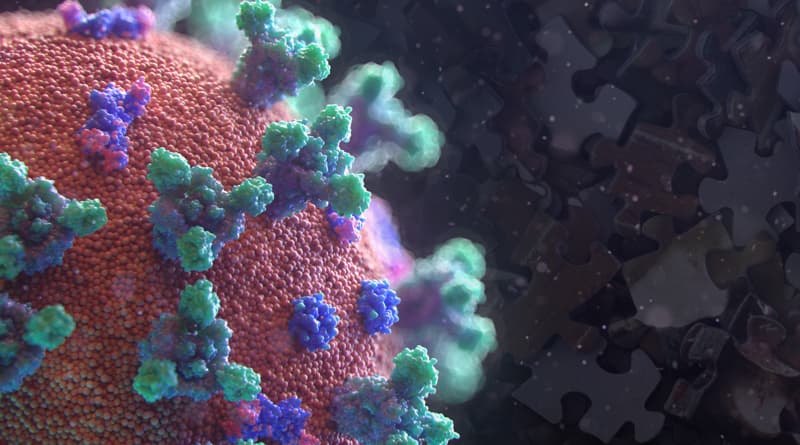
New Study Confirms Exercise Eases Anxiety, Anger, & Depression
Drugs may not be the only answer for maintaining mental health
Most would assume that inpatient care for mental health primarily involves prescriptions and pharmacological treatment, also known as pharmacotherapy. However, University of Vermont lecturer and psychotherapist David Tomasi would beg to differ; “The general attitude of medicine is that you treat the primary problem first, and exercise was never considered to be a life or death treatment option. Now that we know it’s so effective, it can become as fundamental as pharmacological intervention,” leading the research for the University of Vermont Medical Center, Tomasi’s latest research aims to emphasize the importance of exercise for fundamental inpatient treatment in the future.
The Benefits of Exercise
So David Tomasi constructed a gym in collaboration with UVMMC’s Sheri Gates and Emily Reyns, within their medical center’s inpatient psychiatry unit to service around 100 patients. These 100 patients had their treatment plans modified to include a sixty-minute structured workout and to be involved in nutrition education programs to improve dietary practices. Before and after the program, psychotherapists would evaluate these patients’ self-esteem, mood and self-perception in order to monitor the efficacy of exercise on inpatient symptoms.
Patients involved in the study report that exercise significantly decreased levels of anger, anxiety and depression, while also improving the self-esteem and overall mood of nearly 95% of those involved in the program. 63% of their patients even claimed to feel happy, or very happy, rather than neutral, sad or very sad after their workout. On average, about 91.8% of these patients were overall satisfied with how their bodies felt after the workout.
The Importance of Exercise
Most cannot debate the benefits of exercise to the mind, body and spirit. However, Tomasi explains how, “The fantastic thing about these results is that, if you’re in a psychotic state, you’re sort of limited with what you can do in terms of talk therapy or psychotherapy. It’s hard to receive a message through talk therapy in that state, whereas with exercise, you can use your body and not rely on emotional intelligence alone.” This form of research shows how drugs are not the end-all treatment for those with troubled minds. If we can encourage more people to regularly exercise and be aware of healthy dietary practices, we can do more than treat those currently with anxiety, depression and anger, we can actually help decrease the number of people looking for inpatient treatment by treating themselves.
Exercise is a healthy coping mechanism. Exercise not only releases “feel-good” endorphins, but also can help replenish confidence in oneself, encourages social interactions with others, and takes the mind off worries when we are stuck in a dark place. To top it off, exercise is not limited to running laps and lifting weights, or working out alone. Exercise can be a walk through a park on a beautiful day, working in the garden you’ve always meant to get around to, washing the car- Any reason to move with purpose can be considered exercise. Find reasons to go outside with friends and family, take the time to get away from the television and see the world outside of your home. Go bowling, go dancing, feel good being alive. Whatever the activity you want to be apart of, know that others want to participate and see you feel good doing it.
Find Help and Help Yourself
If you or a loved one are experiencing depression or even thoughts of suicide, know that help is available through the national suicide prevention hotline, a national network of local crisis centers that provides free and confidential emotional support to people in suicidal crisis or emotional distress 24 hours a day, 7 days a week. For more information visit: https://suicidepreventionlifeline.org/
Sources: Science Daily, Mayo Clinic

Derek Dunston has worked in children’s entertainment for several years, through balloon art, magic, music, and educational games. He is working towards his B.A.S. in Secondary Mathematics grades 6-12 and has served Broward County Public Schools as a substitute teacher for three years. He plans to dedicate his life to child honoring and promoting inclusive/multicultural practices to benefit future communities in the fields of education and children’s entertainment.




